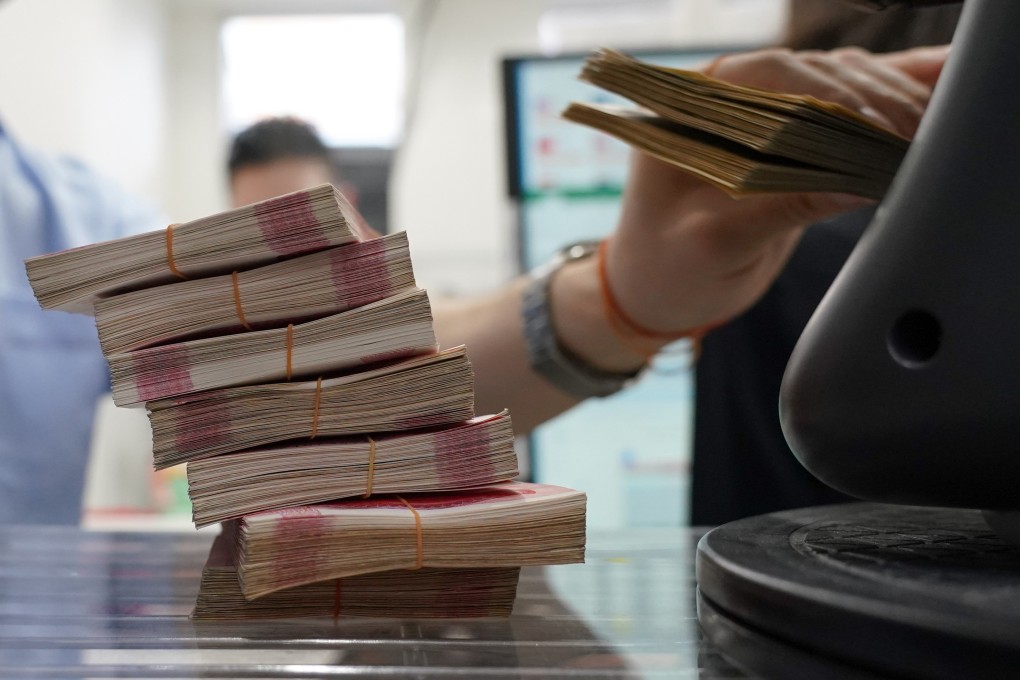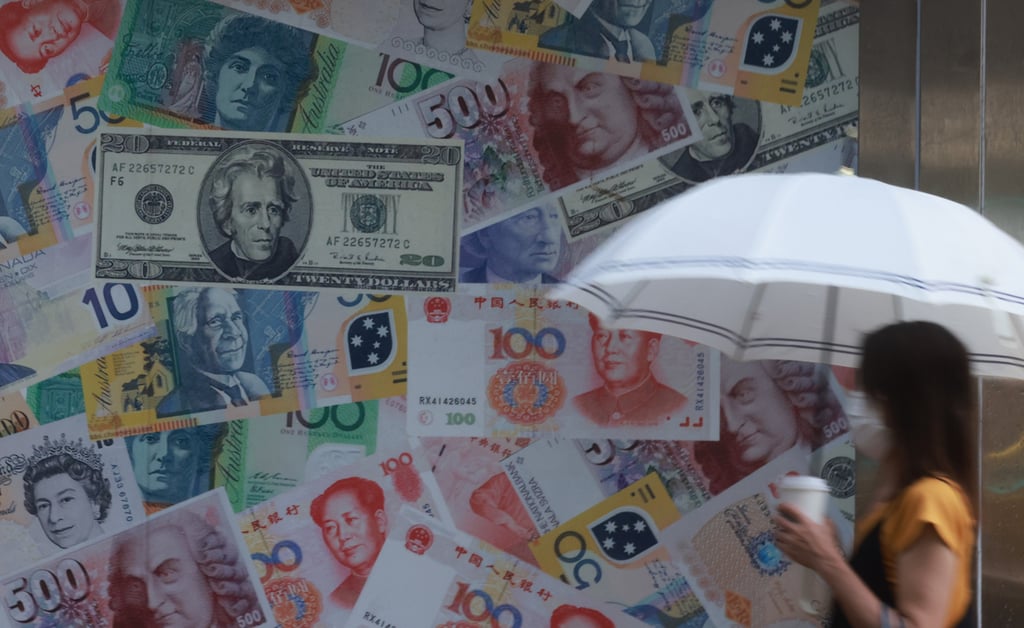Editorial | Challenges for Hong Kong as China, US widen the gap on interest rates
- With Beijing economic policy favouring rate cuts and the Fed a series of rises, and Hong Kong’s currency being pegged to the US dollar, city faces a difficult balancing act

The gap where Hong Kong finds itself between Chinese and American economic policy has become a little wider with mainland bank cuts to the benchmark loan and mortgage interest rates. They shaved the one-year loan prime rate from 3.7 per cent to 3.65 per cent and the five-year reference rate for mortgages by a bit more, from 4.45 per cent to 4.3 per cent.
At the same time, the word coming out from the annual Jackson Hole, Wyoming, symposium of central bankers, academics and economists does not hold out much early hope of the US Federal Reserve moderating the current cycle of rate rises to tame inflation, despite signs of weakening in parts of the US economy.
The mainland rate cuts are aimed at shoring up business and consumer confidence to a Covid-battered economy, particularly in the property sector, without triggering a capital outflow in search of higher returns that would do nothing to stimulate recovery.
Thanks to its linked currency exchange rate with the US dollar, Hong Kong has no choice but to follow Federal Reserve policy. As a result, it faces more rate rises, which have begun to feed through to home loans.

For the foreseeable future, we will be living in a relatively high interest rate environment. It cannot be repeated too often that homebuyers and owners need to err on the side of caution about their ability to meet fluid commitments.
